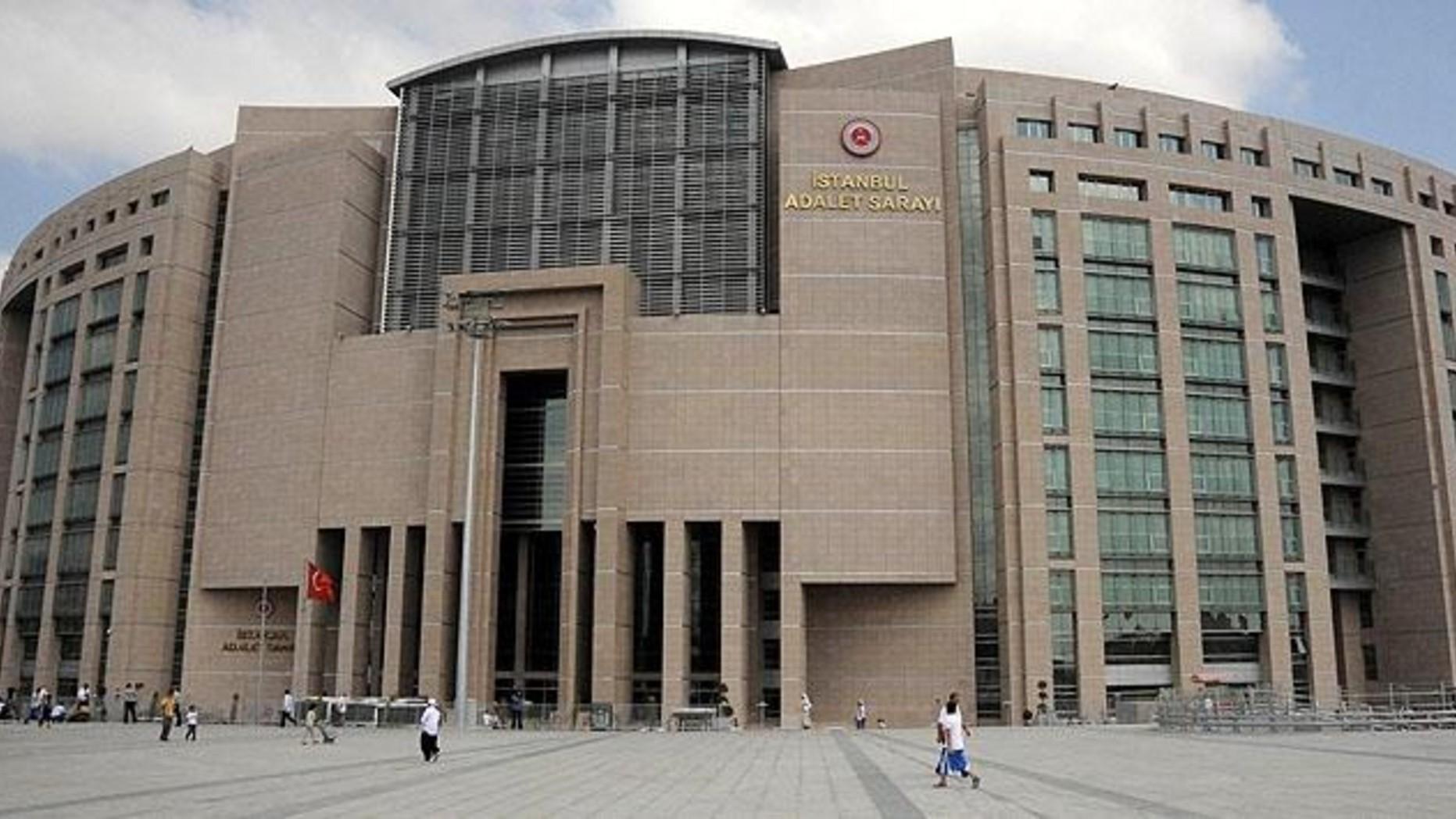
The trial of 17 defendants accused of espionage for the Israeli spy service took a dramatic turn on Dec. 6 as a report from Türkiye's intelligence agency MİT revealed alleged Mossad involvement in a spy network operating in the country.
The hearing, which took place at an Istanbul court, involved 14 defendants facing charges of espionage for providing information on Turkish companies to Israeli intelligence.
The presiding judge announced the receipt of a crucial report from the MİT, determining whether the information allegedly provided by the defendants posed a threat to Türkiye's security. The report claimed Mossad had established a clandestine network to obtain information in exchange for financial incentives.
According to the MİT report, Mossad's intentions went beyond intelligence gathering. It alleged plans for criminal activities, including murder, kidnapping, threats and blackmail in Türkiye, using confidential data obtained through a network run by private detective Selçuk Küçükkaya.
Küçükkaya denied the accusations, asserting that he did not disclose any private information to anyone.
The court decided to forward the case file to the public prosecutor for the preparation of a final opinion on the merits, leading to an adjournment of the hearing.
The 228-page indictment prepared by the chief public prosecutor's office in Istanbul detailed Küçükkaya's alleged connection to Mossad through Serkan Özdemirci – a dismissed Turkish army member. The indictment claimed that Özdemirci engaged Küçükkaya to investigate and report trade secret data of three Turkish companies and personal information about their owners.
The indictment sought sentences of 15 to 20 years in prison for the defendants, charging them with obtaining confidential state information for political or military espionage purposes.
Furthermore, Abdulhamit Çelik, a complainant in the case, was revealed to have been targeted in December 2021 when a courier delivered a cargo package containing threatening messages and bullets to his residence and his wife's workplace in Istanbul.
The indictment claimed that Küçükkaya orchestrated the incident, attempting to acquire Çelik's personal information against his will.
Çelik, previously sentenced to prison for his alleged involvement in the 1993 assassination of investigative journalist Uğur Mumcu, has long said he took responsibility for the murder under torture, a claim he detailed in a book after his release from prison.
The indictment demanded sentences ranging from four to nine years for four individuals, including Küçükkaya, for the crimes of unlawful acquisition or dissemination of data and making threats.